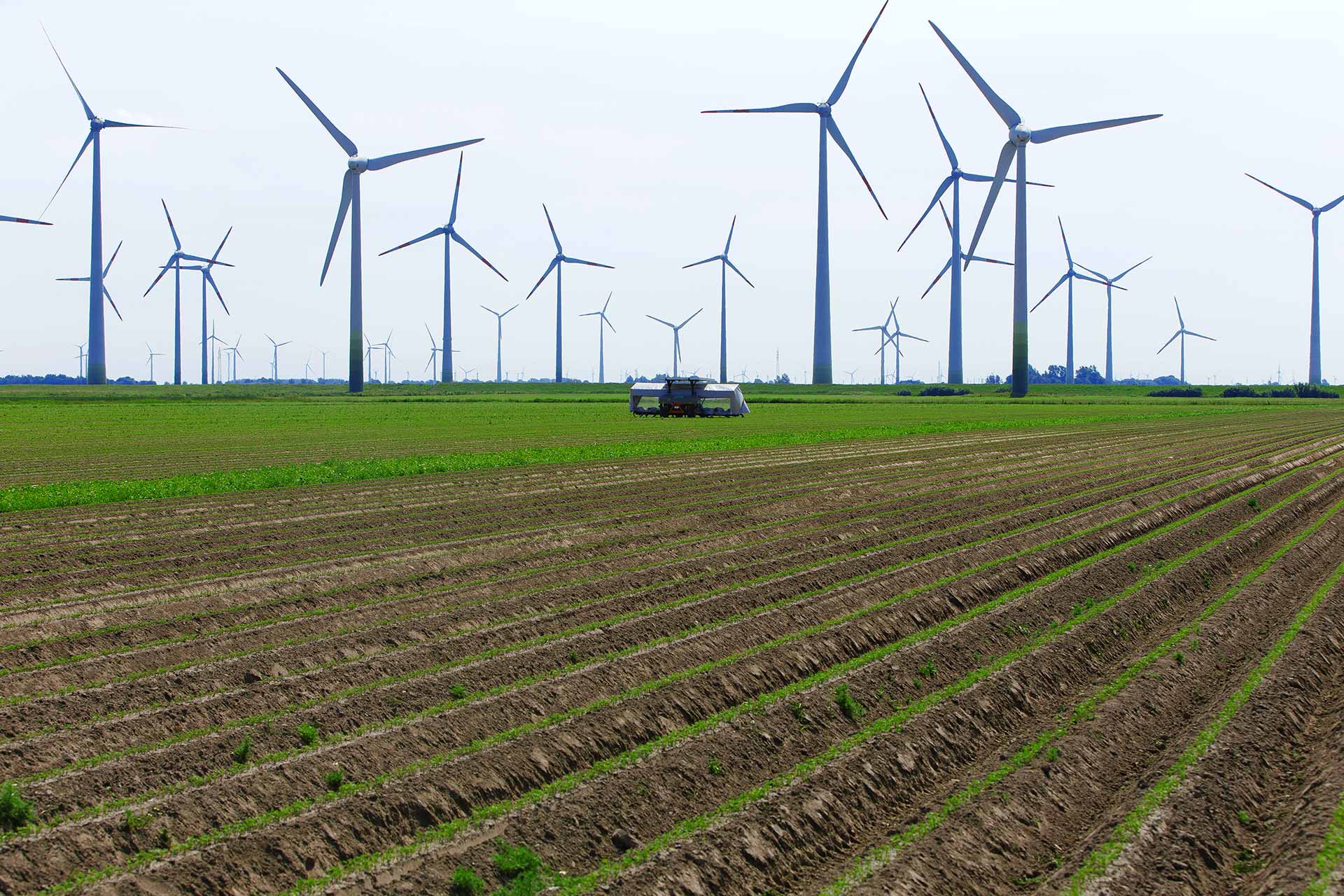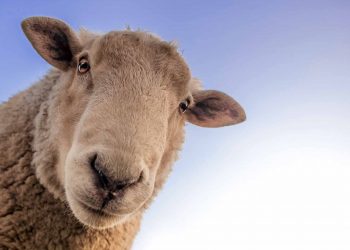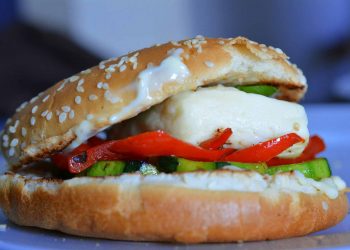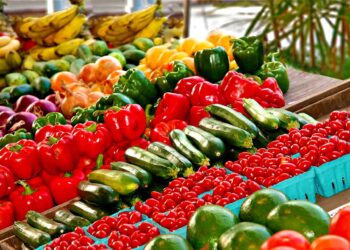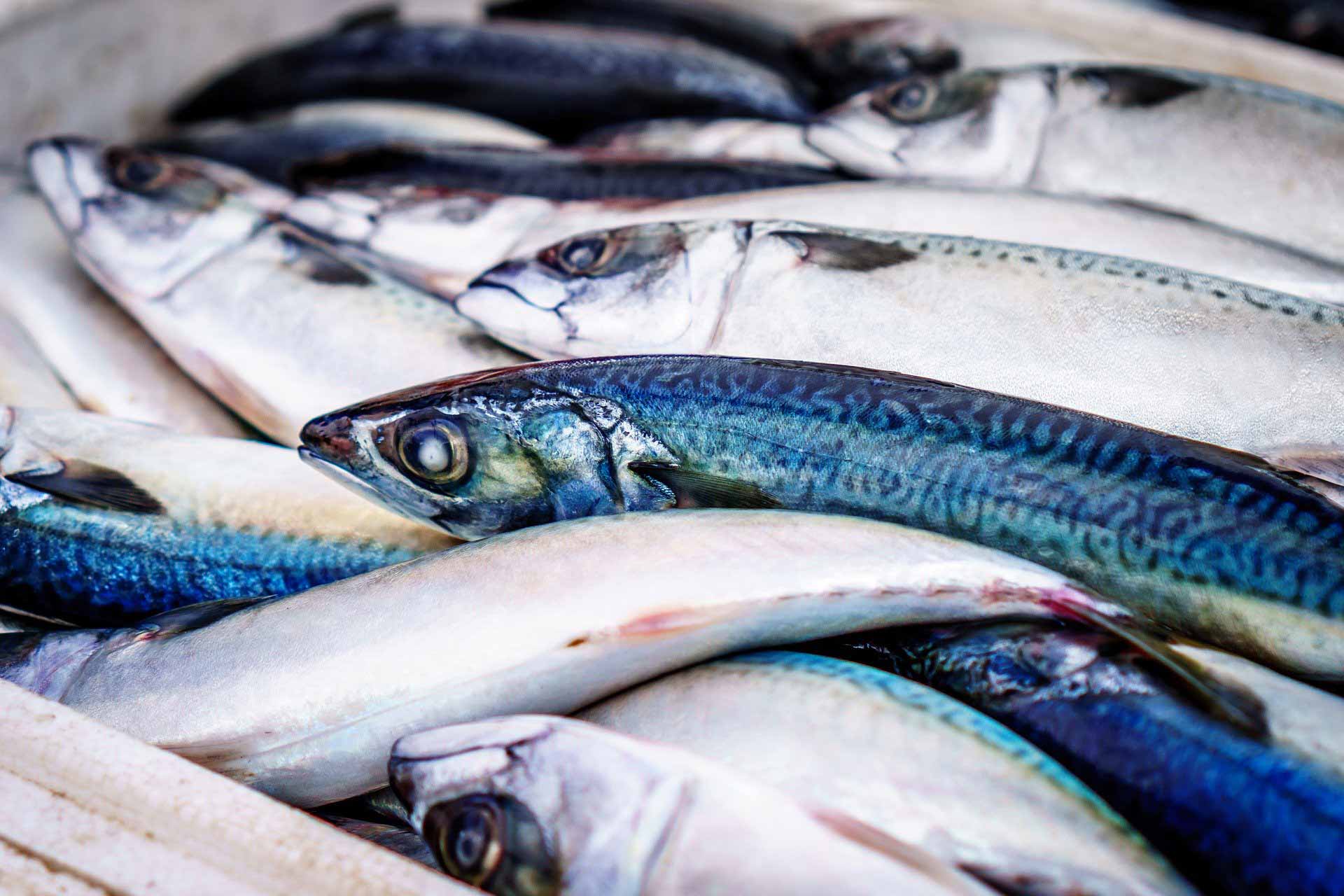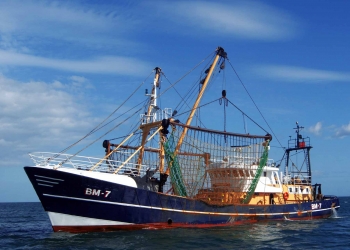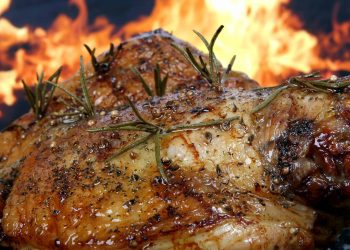European Union refresh the Common Agricultural Policy (CAP) with EU Farm to Fork Strategy, at a time of crisis. Farm to Fork is the most coherent attempt yet to respond to the fundamental challenges for our food systems.
Europe needs a resilient, sustainable and competitive agricultural sector. European need to ensure production of high-quality, safe and affordable food and a strong socioeconomic fabric in rural areas. The future CAP proposals propose a real shift for the policy. It focus on evidence, adaptation to local needs and conditions, while keeping a strong commonality at European level. The CAP strategic plans will be crucial to enable this.
Farm to Fork Strategy
The Farm to Fork Strategy aims to reduce the environmental and climate impact of primary production. Farm to Fork ensures fair economic returns for farmers, fishers and aquaculture producers.
The strategy sets targets to significantly reduce the use and risk of chemical pesticides, the use of fertilisers and sales of antimicrobials as well as increase agricultural land under organic farming.
It will also seek to improve animal welfare. Farm to Fork protect plant health and promote adoption of new green business models, circular bio-based economy and the shift to sustainable fish and seafood production.
The strategy foresees the following actions in order to ensure sustainable food production:
- Adopt recommendations to each Member State addressing the nine specific objectives of the Common Agricultural Policy (CAP), before the draft CAP Strategic Plans are formally submitted
- Proposal for a revision of the Sustainable Use of Pesticides Directive to significantly reduce use and risk and dependency on pesticides and enhance Integrated Pest Management
- Revision of the relevant implementing Regulations under the Plant Protection Products framework to facilitate placing on the market of plant protection products containing biological active substances
- Proposal for a revision of the pesticides statistics Regulation to overcome data gaps and reinforce evidence-based policy making
- Evaluation and revision of the existing animal welfare legislation, including on animal transport and slaughter of animals
- Proposal for a revision of the feed additives Regulation to reduce the environmental impact of livestock farming
- Proposal for a revision of the Farm Accountancy Data Network Regulation to transform it into a Farm Sustainability Data Network with a view to contribute to a wide uptake of sustainable farming practices
- Clarification of the scope of competition rules in the TFEU with regard to sustainability in collective actions
- Legislative initiatives to enhance cooperation of primary producers to support their position in the food chain and non-legislative initiatives to improve transparency
- EU carbon farming initiative
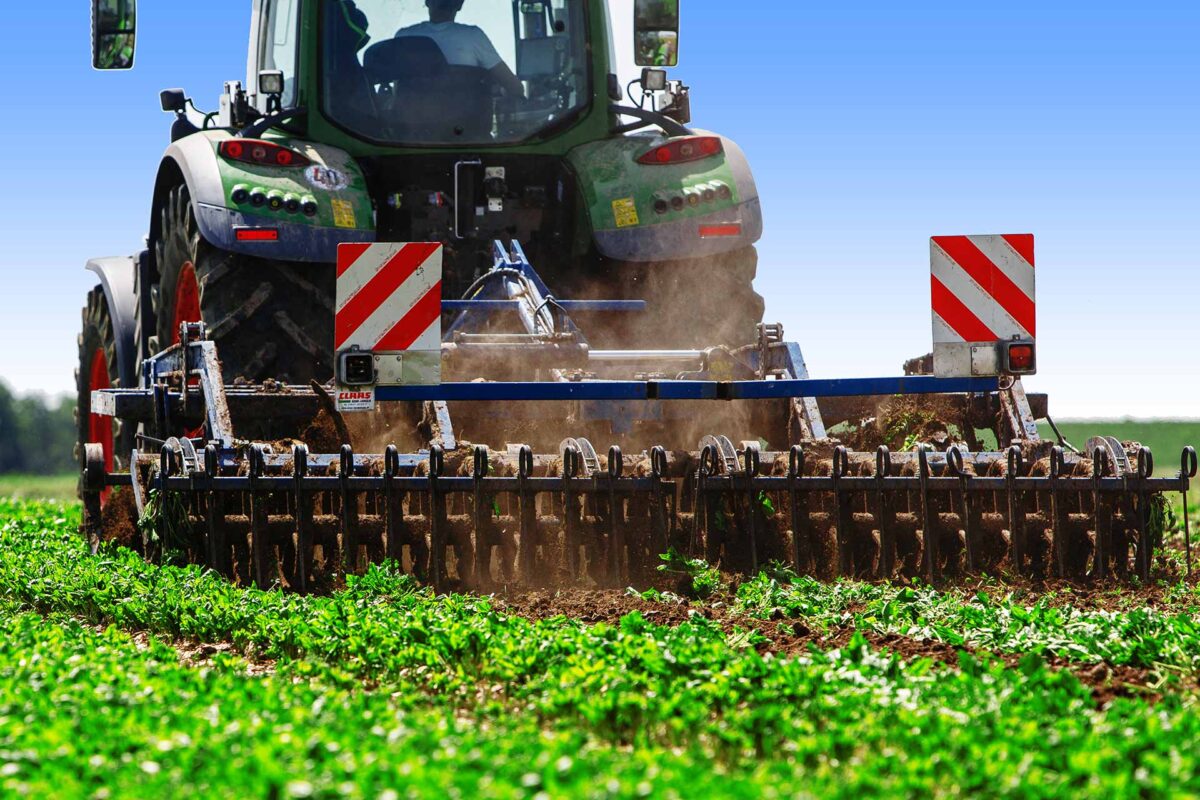
CAP – EU’s agricultural policy
The European Commission’s proposals for the future of the CAP aim to make the EU’s agricultural policy more responsive to current and future challenges, while continuing to support the active needs of European farmers. By setting out a more intuitive and innovative policy, the Commission aims to foster a sustainable and competitive agricultural sector that will thrive beyond 2020.
CAP reform proposal is compatible with the Green Deal’s ambitions. The new way of working proposed for the future CAP is one of the key elements that makes the proposals compatible with the Green Deal.
2030 targets
- The use of pesticides in agriculture contributes to pollution of soil, water and air. The Commission will take action to reduce the use of chemical and more hazardous pesticides by 50%
- The excess of nutrients in the environment is a major source of air, soil and water pollution, negatively impacting biodiversity and climate. The Commission will act to: A. reduce nutrient losses by at least 50%, while ensuring no deterioration on soil fertility and B. reduce fertilizer use by at least 20%
- Antimicrobial resistance linked to the use of antimicrobials in animal and human health leads to an estimated 33,000 human deaths in the EU each year. The Commission will reduce the sale of antimicrobials for farmed animals and in aquaculture by 50%.
- Organic farming is an environmentally-friendly practice that needs to be further developed. The Commission will help the EU’s organic farming sector to grow. EU has the goal of 25 % of total farmland being used for organic farming by 2030.
Farmers play a key role in tackling climate change, protecting the environment and preserving landscapes and biodiversity. The European Commission aims to facilitate the role of farmers by ensuring that the CAP will:
- contribute to climate change mitigation and adaptation, as well as sustainable energy;
- foster sustainable development and efficient management of natural resources such as water, soil and air;
- contribute to the protection of biodiversity, enhance ecosystem services and preserve habitats and landscapes.
A new green architecture in CAP
The European Green Deal sets out how to make Europe the first climate-neutral continent by 2050. If the Farm to Fork Strategy is at the heart of EU Green Deal, sustainable and organic farming is at the heart of the strategy.
In its proposals, the Commission sets out a new green architecture for the CAP. The Green CAP is featuring strengthened mandatory requirements and increased funding opportunities for green farming. Amongst the measures foreseen in the proposals are:
- the preservation of soils through requirements to protect carbon-rich wetlands and practice crop rotation;
- an obligatory nutrient management tool, designed to help farmers improve water quality and reduce ammonia and nitrous oxide levels on their farms;
- a new stream of funding from the CAP’s direct payments budget for “eco-schemes”, which will support and incentivise farmers to undertake agricultural practices beneficial for the climate, biodiversity, and the environment.
Through such measures, the CAP will place agriculture at the heart of the European Green Deal. The EU’s ambitious CAP focus on the biodiversity and farm to fork strategies.
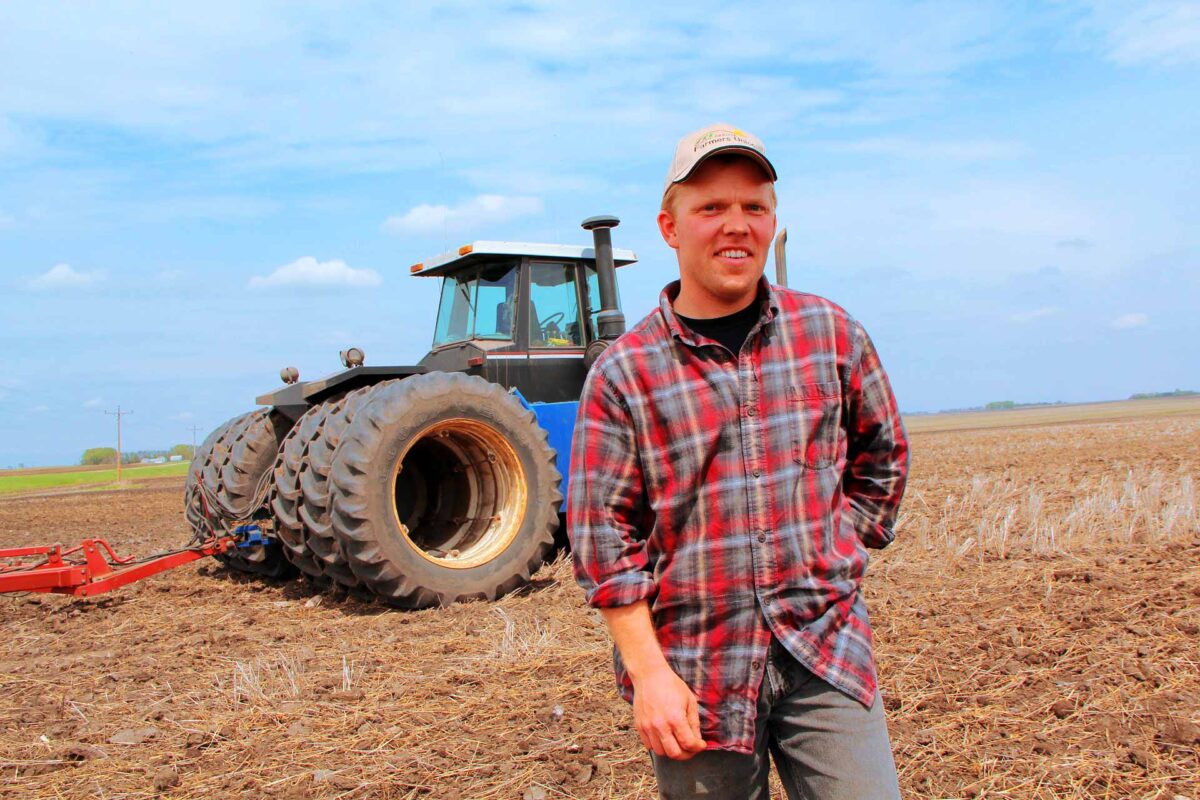
Farmers income support
To ensure stability and predictability, income support will remain an essential part of the CAP. As a part of this, basic payments will continue to be based on the farm’s size in hectares. However, the future CAP must prioritise small and medium-sized farms and encourage young farmers to join the profession.
This is why the Commission proposes:
- a higher level of support per hectare for small and medium-sized farms;
- to reduce the share of direct payments received above €60,000 per farm and to limit payments at €100,000 per farm, with a view to ensure a fairer distribution of payments;
- a minimum of 2% of direct support payments allocated to each EU country set aside for young farmers, complemented by financial support under rural development and measures facilitating access to land and land transfers;
- EU countries having to ensure that only genuine farmers receive support.
Boosting farm innovation
Knowledge and innovation are essential for a smart, resilient and sustainable agricultural sector. The CAP of the future will encourage increased investment in research and innovation. It will also enable farmers and rural communities to benefit from it.
Therefore, it is essential to build stronger agricultural knowledge and innovation systems (AKIS). AKIS boost initiation and development of innovation projects, to disseminate their results and to use them as widely as possible. Including national AKIS strategies in CAP strategic plans will incentivise the structuring and organisation of the national innovation ecosystem. Ensuring that well-functioning AKIS exist throughout the EU avoids duplication of efforts, saves costs, increases the impact of EU and national/regional funding and speeds up innovation.
Successful AKIS strategies include four main group of actions:
- enhancing knowledge flows and strengthening links between research and practice;
- strengthening all farm advisory services and fostering their interconnection within the AKIS;
- enhancing cross-thematic and cross-border interactive innovation;
- supporting the digital transition in agriculture.
The European Commission has proposed to set aside €10 billion from the Horizon Europe programme for research and innovation in food, agriculture, rural development and the bioeconomy. The agricultural European innovation partnership (EIP-AGRI) will continue to pool funding sources from Horizon Europe and rural development to foster competitive and sustainable farming and forestry.
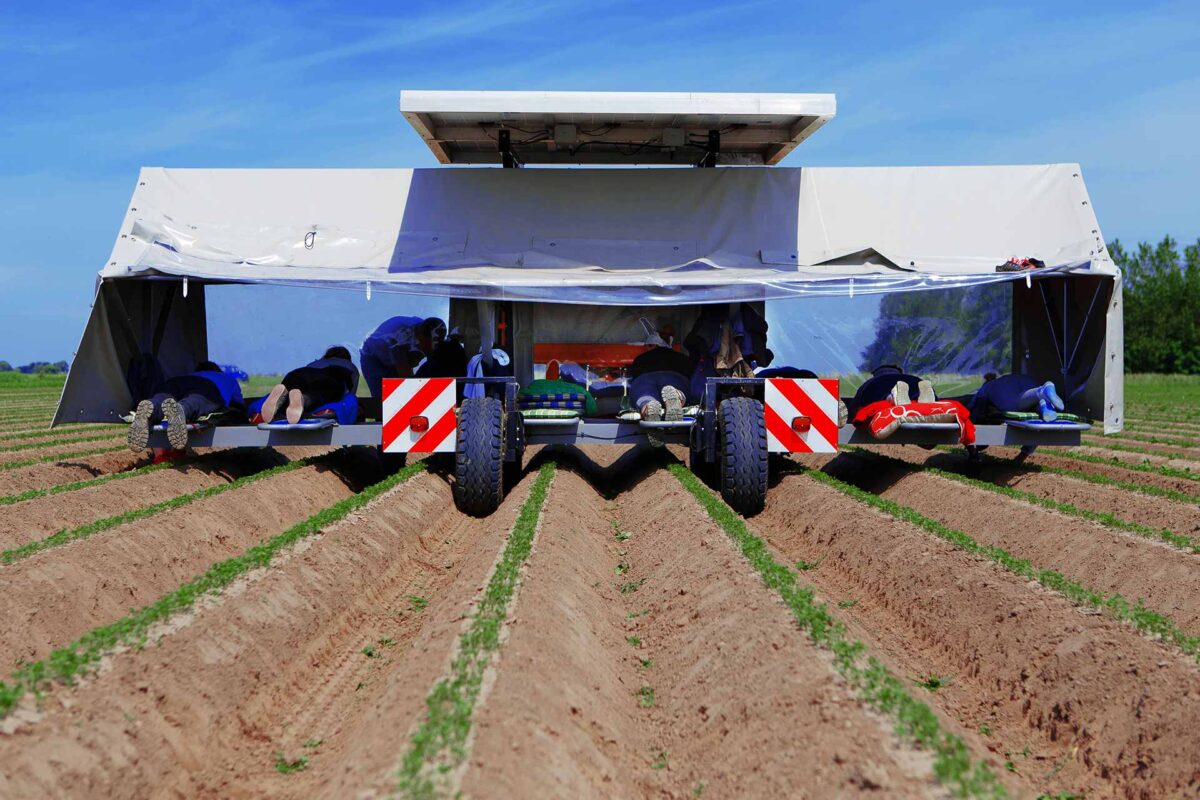
CAP Eco-schemes
Among those, the future CAP includes conditionality, which links area and animal-based CAP payments to a range of obligations. In addition it also introduces the new ‘eco-schemes’ that aim to reward farmers for going further in the implementation of sustainable agricultural practices. These practices could include the implementation of environmentally friendly production systems such as agroecology, agroforestry and organic farming. The rural development framework also includes environmental and climate management commitments, which aim to compensate farmers and other beneficiaries for voluntarily committing themselves to implement sustainable practices.
The future CAP
CAP proposals also include objectives on rebalancing power in the food supply chain as well as contributing to new societal demands related to food and health, including safe, nutritious and sustainable food, food waste, and animal welfare. In practical terms, this means that Member States are required to review their actions in these areas and propose how to use different CAP tools to address challenges identified. For instance, the Commission will continue to support cooperation between producers through producer organisations. These types of organisations allow producers to strengthen their position in the supply chain, increase their resilience and act collectively to enhance sustainability of the supply chain. These objectives are also reflected in the Green deal’s ambitions. They will be essential to enable the transition while leaving no one behind.
Farm Sustainability Data Network
Finally, recognising the crucial importance of data when assessing progress and providing farm advice, the Commission will propose to convert its current farm accountancy data network (FADN) into the Farm Sustainability Data Network. The idea would be to collect data on the Farm to Fork targets as well as other sustainability indicators. Through tailored advisory services, this network will provide feedback and guidance. Support will be available to both small and big farmers. Thay will meet best practices to improve their economic, environmental and climate performance.
The Analysis of links between the CAP Reform and the Green Deal concludes that the reform does indeed have the potential to drive forward the Green Deal, shown through concrete examples. Nonetheless, key elements of the proposals must be maintained in the negotiating process. Certain improvements and practical initiatives should be developed to facilitate the achievement of the ambitions of the Green Deal.
Farm to fork 2020 conference
Building sustainable food systems together
LIVE Web-streaming available HERE. You can follow the live web-streaming of the event:

